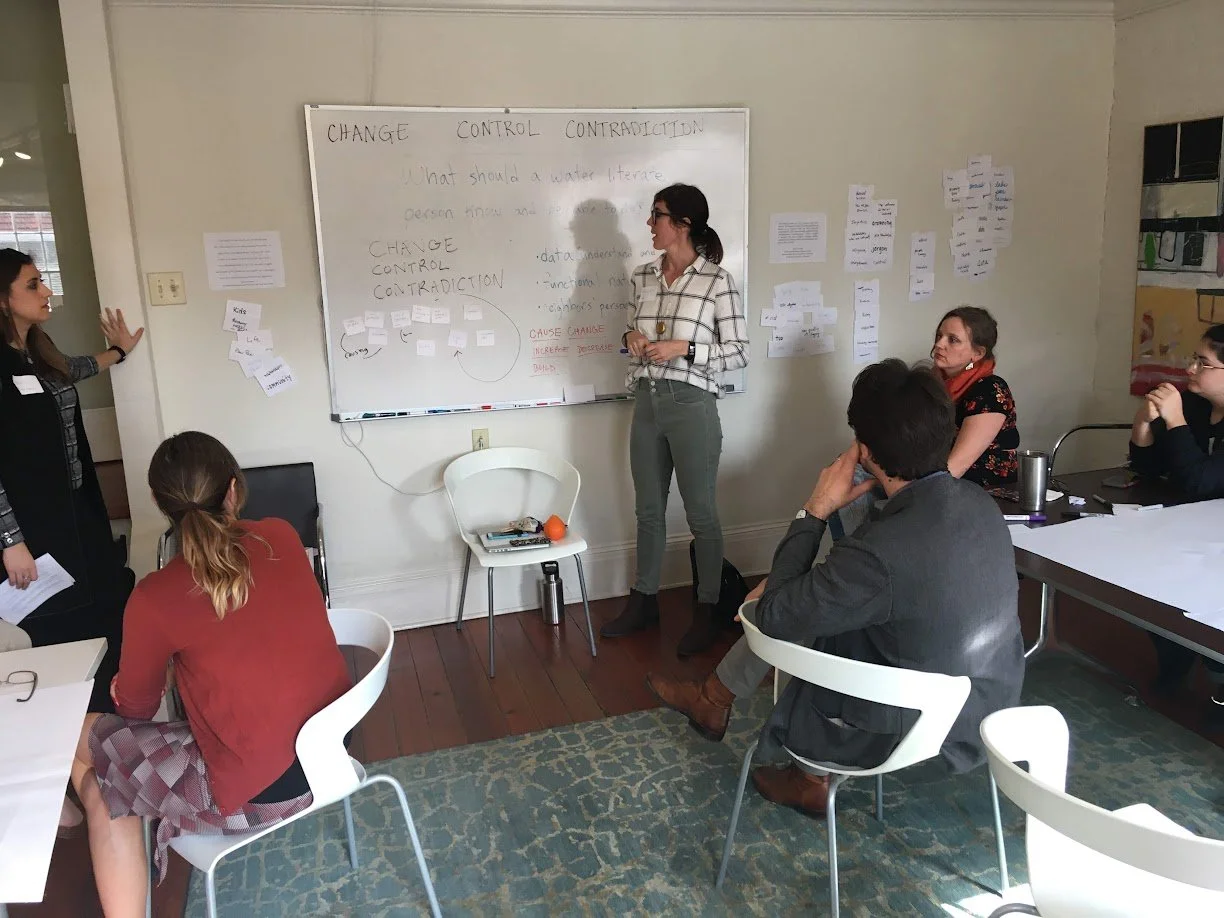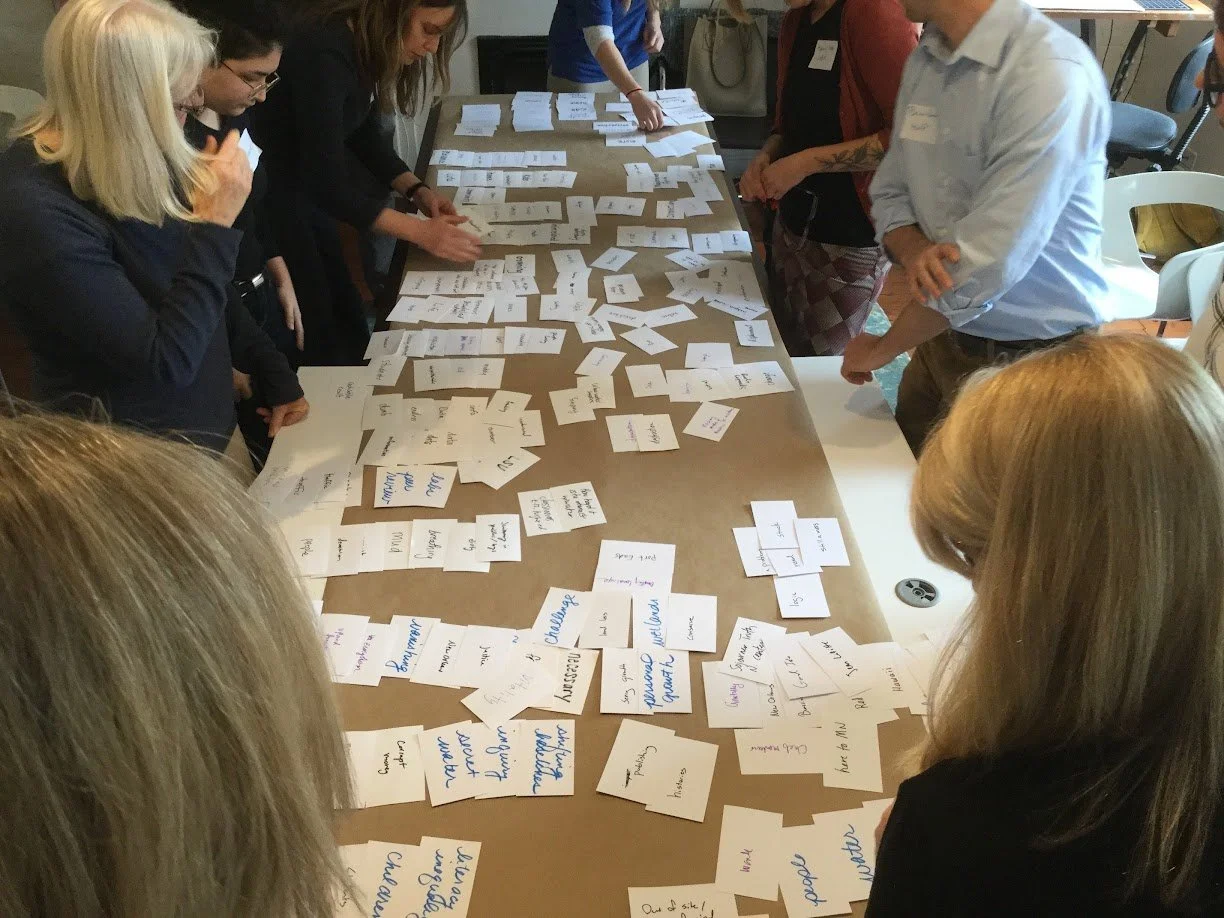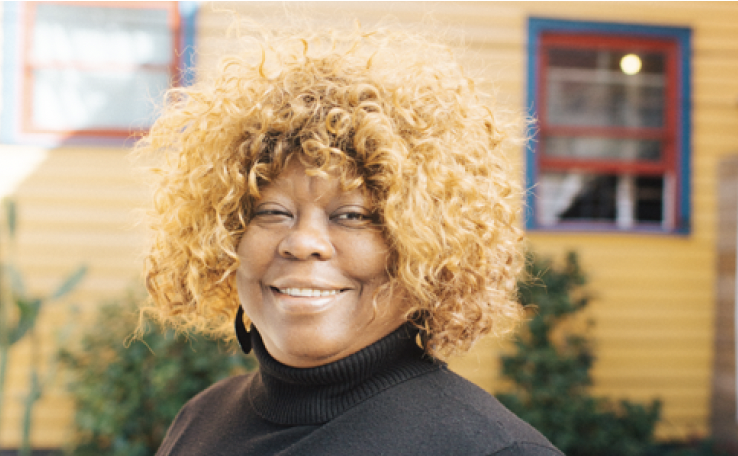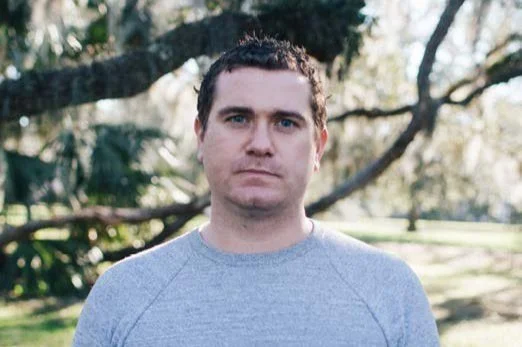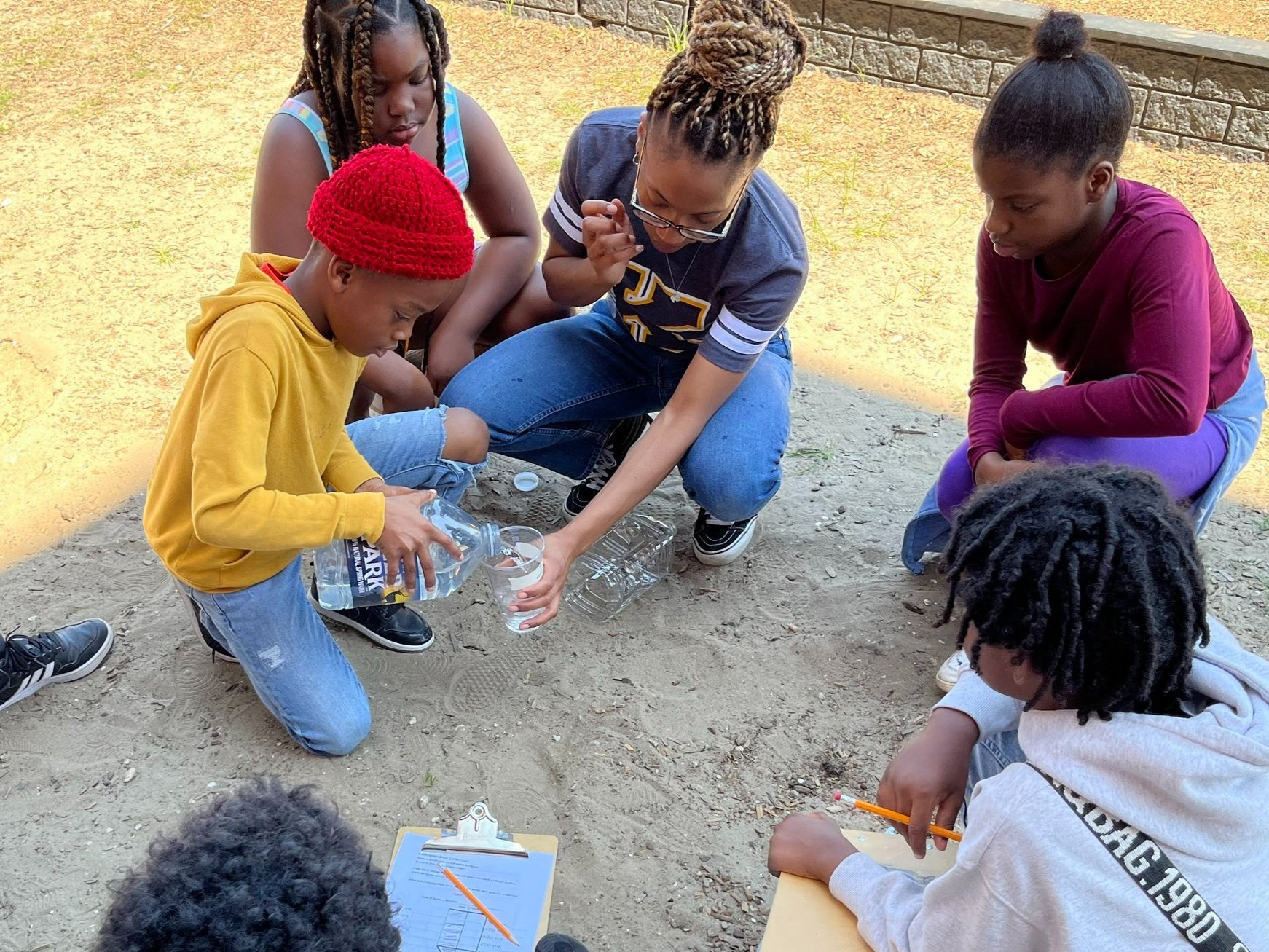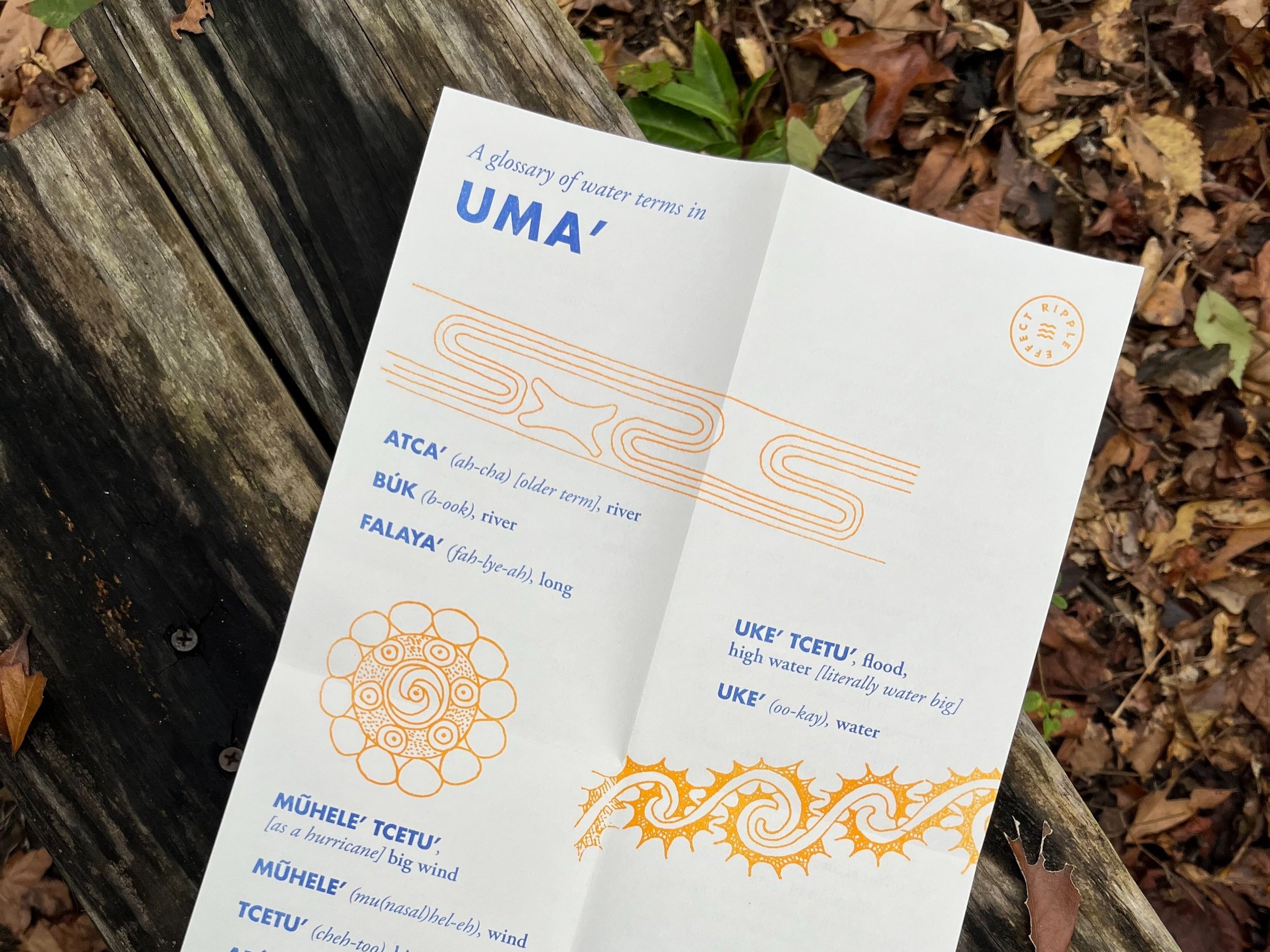Water Literacy
Water Literacy
A shared vision for K–12 environmental education
Reports published in 2021
Project Description
In January 2020, Ripple Effect convened a consortium of goal-aligned experts in Southeast Louisiana to begin advancing a new shared vision: water literacy. Through a series of workshops, teacher focus groups, and interviews with researchers, practitioners, and community experts, the group developed shared goals and identified opportunities for deepening connections between environmental research, community needs, and K–12 formal and informal education.
Over 70 individuals contributed their perspective to this effort, and the result is a moving and hopeful picture of environmental education in Louisiana.
As the intellectual foundation for all of Ripple Effect’s subsequent projects, the findings of this report will be applied practically at different scales, from science curriculum taught in Title 1 schools to inter-organizational collaboration across Southeast Louisiana.
What is water literacy?
Water literacy is the systematic collection and sharing of knowledge, skills, and ethical grounding that all individuals and communities need to successfully adapt to changing hydrologic conditions. It encompasses the environmental, economic, and social dimensions of human connections to water, water infrastructure, and aquatic ecosystems.
-
Consists of the knowledge, skills, and ethical grounding necessary to successfully adapt to changing hydrologic conditions.
Encompasses the environmental, economic, and social dimensions of human connections to water.
Draws from science, the humanities, social science, and community expertise to define and address water issues.
Occurs in formal and informal contexts across the human developmental lifespan.
Values both traditional ecological knowledge and Western modern science.
Is rooted in a socioecological context in which human beings and nature are inextricably intertwined.
Is inherently local, reflecting the ecologies, social histories, and economies of specific geographic regions.
Stakeholder Interview Reports
K–12 Teachers
Teacher perspectives on the joys and challenges of environmental science education today
Community Voice
Water literacy, democracy, and the public space
Pathways & Progressions
Reflections on the life experiences that moved interviewees from curiosity to action
Working Together
Building better dialogues for identifying and addressing systems-level problems
Challenges & Transitions
Questions that connect Southeast Louisiana to the nation and the world
Shifting the Paradigm
Learning from the past and changing our perspective
“You’ve got fractured levee boards, parishes, municipalities, and everyone is driven to do and think locally—and maybe even mandated to do so. The idea of the surge consortium was to get people thinking more regionally, which is a meaningful geography in terms of storm surge.”
Excerpted from "Report 5: Working Together”
Dr. John Lopez, former Coasts & Community Program Director, Pontchartrain Conservancy
Thank you to the more than 70 teachers, scientists, practitioners, community experts, and consortium representatives who so generously shared their time, and whose voices shaped this project.
Related Projects
Bringing elementary school teachers and students into the field
Investigating how to integrate community knowledge into science learning
Continue exploring our vision for water literacy education in the areas of teacher learning, curriculum design, and field-based learning.
Want to stay in the loop on water literacy?
Sign up for our newsletter to receive quarterly updates.


